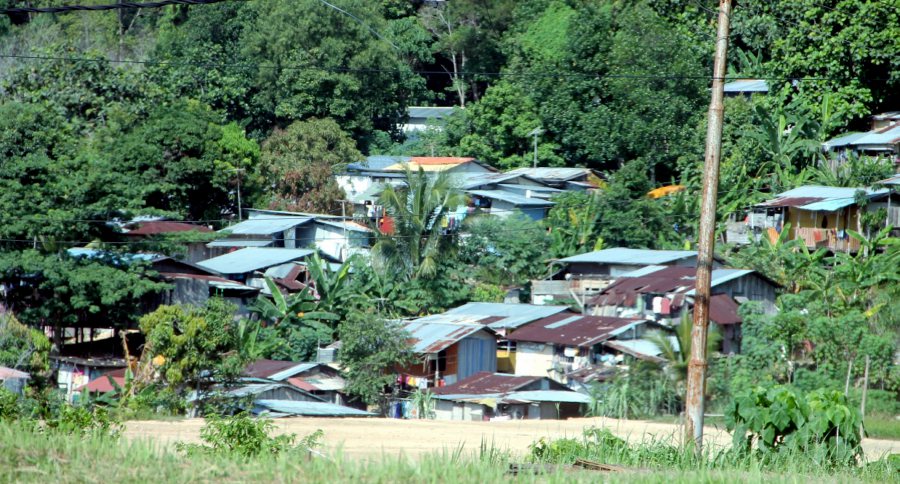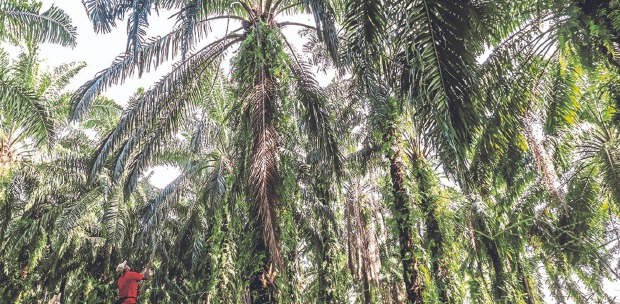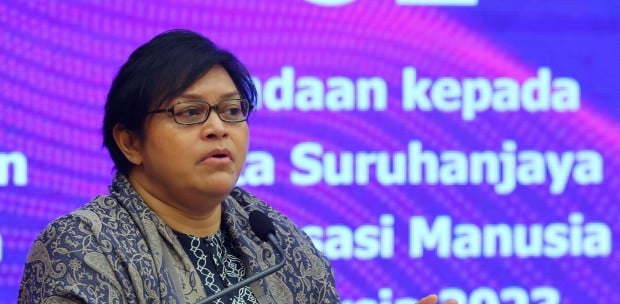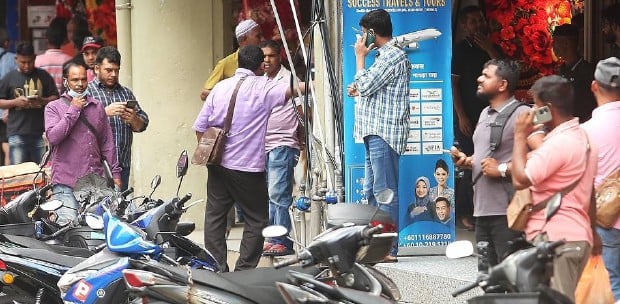The Human Rights Commission of Malaysia (Suhakam) and global non-profit The Forest Trust (TFT) emphasise that effective collaboration is required from all stakeholders to formulate practical solutions concerning children in plantations in Sabah.
The involvement of children and young persons in plantation work, as well as the lack of guidance and alternatives for children on-site that increases the risk of child labour in palm oil supply chains, have been highlighted in TFT’s Children in the Plantations of Sabah: Stakeholder Consultation Workshop Report, published in May.
The scale of the challenge is also acknowledged in the report, which calls on regulators and industry players to accelerate action in addressing this long-standing issue, together with civil society groups and expert stakeholders.
“Some key findings from the report have been found to be structural in nature, requiring regulatory and policy reviews, such as procedures on the legalisation of undocumented workers and their families, access to education in remote areas, and insufficient guidance for legal compliance,” says TFT Malaysia social and human rights manager Natasha Mahendran. “We urge the authorities to explore potential collaboration with stakeholders to find concrete ways forward.”
She says complete transparency of the issue is vital to improve children’s education, health and on-site safety. Continuous engagement with regulators is also important to allow proactive steps in market practices that meet national and international standards concerning children and young persons.
International markets clearly require action on child labour. Key business actors from brands to producers, such as TFT’s member companies, have an interest to address this issue. But these businesses can’t do it alone — they require further policy clarity, guidance and support from regulators and expert organisations to ensure their supply chains are child labour- free.
Given that Sabah’s oil palm acreage is about 1.55 million ha (of 5.8 million ha of oil palm-planted areas in Malaysia last year), the children and young persons in plantations issue is compounded by the industry’s heavy reliance on foreign labour. Many workers and their families live in company-provided accommodation that is often located within the plantation complex. Due to the remoteness of some plantations, parents struggle to register the birth of their children.
Natasha, at a consultation hosted by Suhakam and TFT in Kota Kinabalu, says TFT and member companies are ready to support and work with Suhakam, government agencies and other stakeholders to address the challenges and concerns on the ground.
NADIAH ROSLI
Project leader (communications), The Forest Trust, Kuala Lumpur.
Get the latest World Cup 2018 scores, highlights and updates from our dedicated news page, click here





